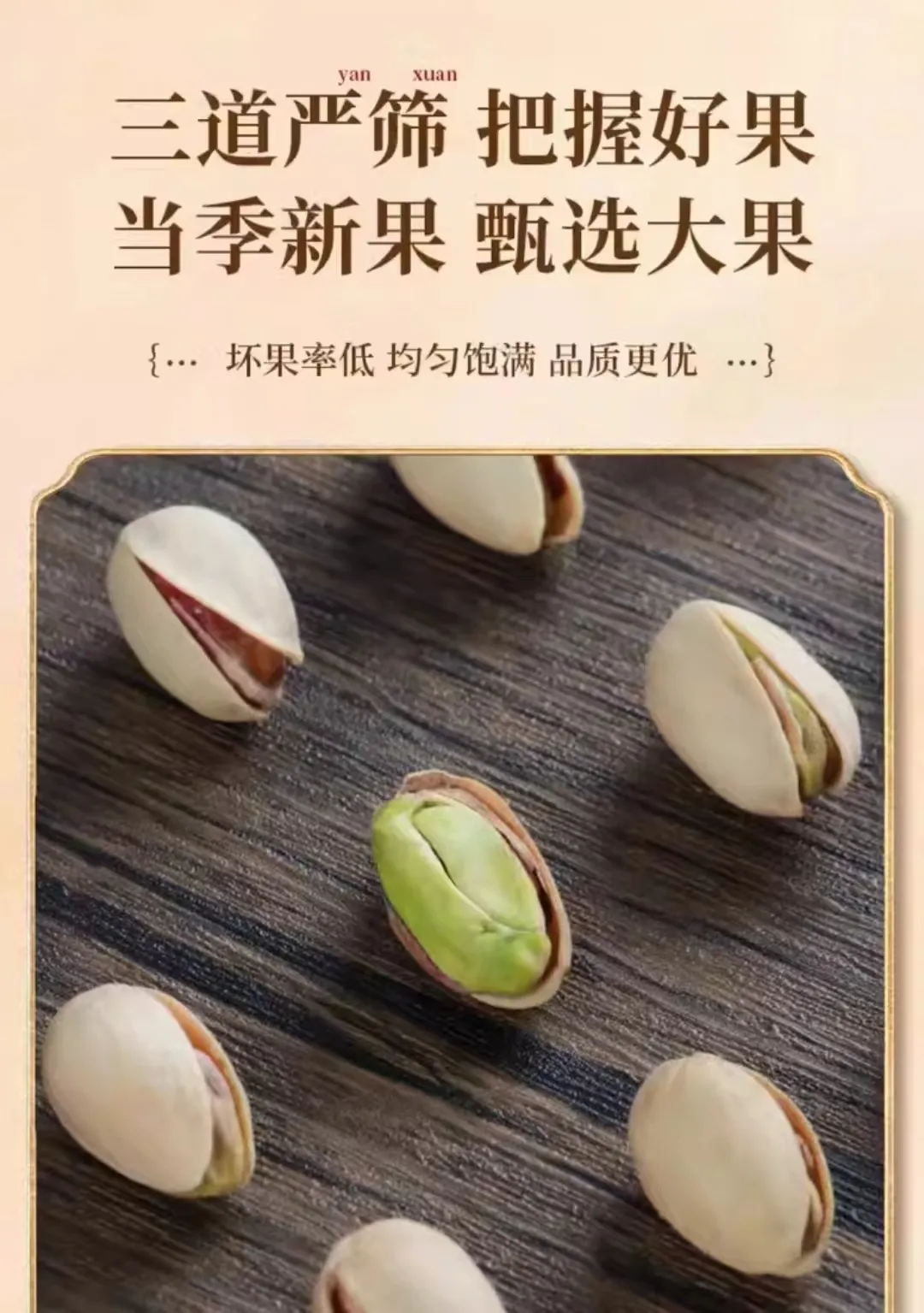-
 Afrikaans
Afrikaans -
 Albanian
Albanian -
 Amharic
Amharic -
 Arabic
Arabic -
 Armenian
Armenian -
 Azerbaijani
Azerbaijani -
 Basque
Basque -
 Belarusian
Belarusian -
 Bengali
Bengali -
 Bosnian
Bosnian -
 Bulgarian
Bulgarian -
 Catalan
Catalan -
 Cebuano
Cebuano -
 Corsican
Corsican -
 Croatian
Croatian -
 Czech
Czech -
 Danish
Danish -
 Dutch
Dutch -
 English
English -
 Esperanto
Esperanto -
 Estonian
Estonian -
 Finnish
Finnish -
 French
French -
 Frisian
Frisian -
 Galician
Galician -
 Georgian
Georgian -
 German
German -
 Greek
Greek -
 Gujarati
Gujarati -
 Haitian Creole
Haitian Creole -
 hausa
hausa -
 hawaiian
hawaiian -
 Hebrew
Hebrew -
 Hindi
Hindi -
 Miao
Miao -
 Hungarian
Hungarian -
 Icelandic
Icelandic -
 igbo
igbo -
 Indonesian
Indonesian -
 irish
irish -
 Italian
Italian -
 Japanese
Japanese -
 Javanese
Javanese -
 Kannada
Kannada -
 kazakh
kazakh -
 Khmer
Khmer -
 Rwandese
Rwandese -
 Korean
Korean -
 Kurdish
Kurdish -
 Kyrgyz
Kyrgyz -
 Lao
Lao -
 Latin
Latin -
 Latvian
Latvian -
 Lithuanian
Lithuanian -
 Luxembourgish
Luxembourgish -
 Macedonian
Macedonian -
 Malgashi
Malgashi -
 Malay
Malay -
 Malayalam
Malayalam -
 Maltese
Maltese -
 Maori
Maori -
 Marathi
Marathi -
 Mongolian
Mongolian -
 Myanmar
Myanmar -
 Nepali
Nepali -
 Norwegian
Norwegian -
 Norwegian
Norwegian -
 Occitan
Occitan -
 Pashto
Pashto -
 Persian
Persian -
 Polish
Polish -
 Portuguese
Portuguese -
 Punjabi
Punjabi -
 Romanian
Romanian -
 Russian
Russian -
 Samoan
Samoan -
 Scottish Gaelic
Scottish Gaelic -
 Serbian
Serbian -
 Sesotho
Sesotho -
 Shona
Shona -
 Sindhi
Sindhi -
 Sinhala
Sinhala -
 Slovak
Slovak -
 Slovenian
Slovenian -
 Somali
Somali -
 Spanish
Spanish -
 Sundanese
Sundanese -
 Swahili
Swahili -
 Swedish
Swedish -
 Tagalog
Tagalog -
 Tajik
Tajik -
 Tamil
Tamil -
 Tatar
Tatar -
 Telugu
Telugu -
 Thai
Thai -
 Turkish
Turkish -
 Turkmen
Turkmen -
 Ukrainian
Ukrainian -
 Urdu
Urdu -
 Uighur
Uighur -
 Uzbek
Uzbek -
 Vietnamese
Vietnamese -
 Welsh
Welsh -
 Bantu
Bantu -
 Yiddish
Yiddish -
 Yoruba
Yoruba -
 Zulu
Zulu
Sep . 16, 2024 07:02 Back to list
Pumpkin Seeds vs Sunflower Seeds
Pumpkin Seeds vs. Sunflower Seeds A Nutritional Showdown
When it comes to snacking, seeds are a popular choice for health-conscious individuals looking for a nutritious boost. Among the myriad of options available, pumpkin seeds and sunflower seeds stand out for their taste, texture, and health benefits. While both are excellent sources of nutrients, they offer different profiles that may cater to varying dietary needs and preferences.
Nutritional Profiles
Pumpkin seeds, also known as pepitas, are small, flat, and green, packing a powerful punch of essential nutrients. A one-ounce serving (about 28 grams) of pumpkin seeds contains approximately 151 calories, 7 grams of protein, and 13 grams of fat, primarily healthy fats. They are particularly rich in magnesium, zinc, and iron, making them an excellent choice for individuals looking to boost their mineral intake. Additionally, pumpkin seeds contain high levels of antioxidants, which help combat oxidative stress in the body.
On the other hand, sunflower seeds are larger, cream-colored seeds that come from the sunflower plant. A one-ounce serving of sunflower seeds also contains around 164 calories, 6 grams of protein, and 14 grams of fat, primarily unsaturated. They are an excellent source of vitamin E, a powerful antioxidant known for its role in promoting skin health and protecting the body against free radicals. Sunflower seeds are also rich in selenium, which plays a crucial role in reproductive health and thyroid function.
Health Benefits
pumpkin seeds versus sunflower seeds product

Both seeds offer impressive health benefits. Pumpkin seeds have been linked to better heart health, improved prostate function, and even better sleep due to their tryptophan content. Their high magnesium content also aids in muscle function and reduces the risk of type 2 diabetes.
Meanwhile, sunflower seeds are celebrated for their heart-healthy fats and vitamin E, which can lower cholesterol levels and reduce the risk of heart disease. The fiber content in sunflower seeds aids digestion and promotes a feeling of fullness, making them a great option for weight management.
Culinary Uses
From a culinary standpoint, both seeds can be enjoyed in various forms. Pumpkin seeds can be roasted and spiced for a crunchy snack or added to salads, granola, and smoothies. They can also be ground into pumpkin seed butter. Sunflower seeds, similarly, can be toasted and eaten as a snack or added to salads, trail mixes, and baking recipes. Sunflower seed butter is also a popular alternative to peanut butter for those with nut allergies.
Conclusion
In the battle of pumpkin seeds versus sunflower seeds, the choice ultimately depends on personal preferences and health goals. Both seeds deliver excellent nutritional benefits and can be easily incorporated into a balanced diet. So, whether you opt for the nutrient-packed pumpkin seeds or the vitamin-rich sunflower seeds, you can’t go wrong with either option as a healthy snack!
-
Premium Macadamia Nuts - Fresh, Crunchy & Healthy Snack Choice
NewsJul.30,2025
-
Premium Biscuits Packaging – Elegant, Durable & Customizable Solutions
NewsJul.29,2025
-
Top Banana Flavor Sunflower Seeds Exporter - Factory Direct Supply
NewsJul.29,2025
-
Premium Snack Dates - Healthy, Natural & Delicious Treats
NewsJul.29,2025
-
Premium Peanuts - Fresh, Nutritious & Delicious Snacks for All
NewsJul.28,2025
-
Premium Raisins - Sweet, Healthy & Natural Dried Fruit Snack
NewsJul.27,2025
